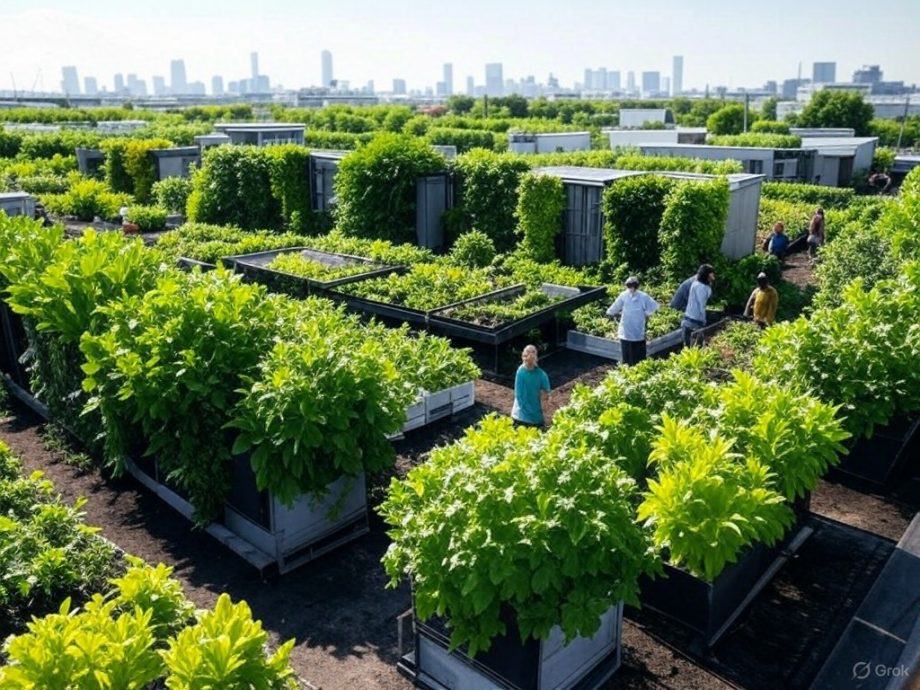
In the heart of Tokyo, where skyscrapers dominate the skyline, a quiet revolution is growing—literally. Urban farming is taking root, with rooftops, vacant lots, and even underground spaces being transformed into lush gardens. Projects like the Pasona Group’s underground farm, located beneath an office building, and the sprawling rooftop gardens of Ginza’s department stores are redefining how cities approach food production. Driven by concerns over food security, climate change, and limited arable land, these initiatives aim to bring fresh produce closer to urban dwellers while reducing carbon footprints.
The benefits are clear: shorter supply chains mean fresher food, while green spaces improve air quality and mental well-being. Tokyo’s urban farmers are also experimenting with technology, using hydroponics and AI to maximize yields in small spaces. However, challenges remain, including high setup costs and regulatory hurdles. For residents like Aiko Tanaka, a 35-year-old chef, the impact is personal: “I love knowing my ingredients come from just a few blocks away—it feels like I’m part of something bigger.” As cities worldwide grapple with sustainability, Tokyo’s urban farms could be a recipe for resilience. Curious about urban farming in your area? Drop us a line at [email protected] to share your thoughts!
